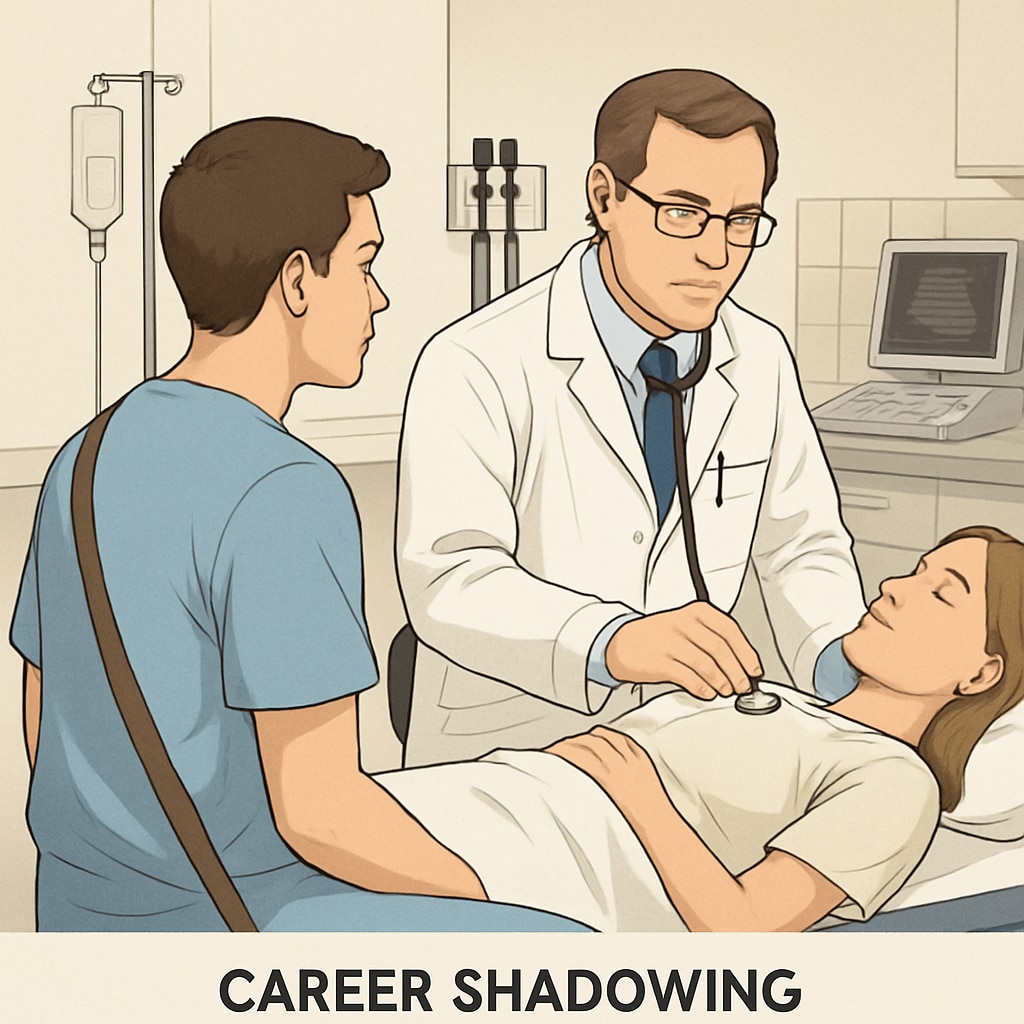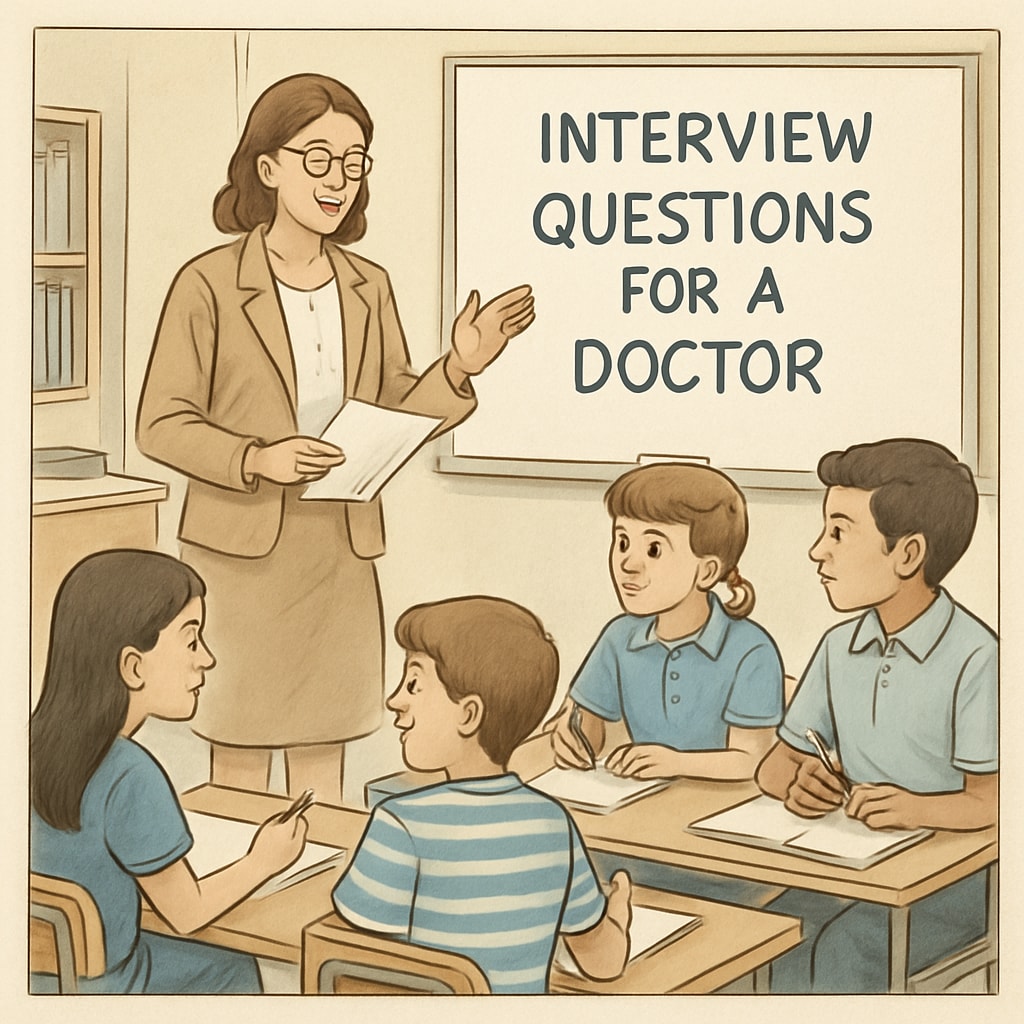Incorporating “doctor interviews, career consultation, and school projects” into K12 education offers students an invaluable opportunity to gain firsthand insights into the medical field. These programs not only allow students to explore potential career paths but also help them develop critical skills such as communication, empathy, and professional etiquette. By connecting classroom learning with real-world experiences, educators can create a transformative learning environment that prepares students for the future. In this article, we will explore the educational value of such initiatives and provide practical guidelines for implementing them effectively in schools.
The Educational Benefits of Career Exploration in Medicine
Career exploration projects, such as interviewing doctors or shadowing their daily routines, expose students to the realities of working in healthcare. Through direct interaction with medical professionals, students can develop a nuanced understanding of the challenges and rewards associated with this career path. Furthermore, these projects foster essential life skills that are transferable across various professions.
- Realistic Career Insights: Students learn about the diverse roles within the medical field, from general practitioners to specialists, as well as the educational pathways required.
- Skill Development: Activities like interviews and shadowing improve students’ communication, critical thinking, and observational skills.
- Professional Etiquette: Engaging with professionals teaches students how to interact respectfully in formal settings.

Designing Effective Doctor Interview and Shadowing Projects
To ensure the success of these projects, schools must carefully design and implement structured programs. The following steps can help educators create impactful experiences for their students:
- Set Clear Objectives: Define the specific goals of the project, such as understanding medical specialties or learning about patient care.
- Partner with Professionals: Collaborate with local hospitals, clinics, or medical associations to identify participating doctors.
- Prepare Students: Equip students with the knowledge and skills they need to conduct meaningful interviews or observations, such as preparing questions or understanding confidentiality rules.
- Reflect and Evaluate: Encourage students to reflect on their experiences through essays, presentations, or group discussions. This helps solidify their learning and provides feedback for program improvement.
For example, a well-structured interview project might include a preparatory workshop on crafting open-ended questions, followed by an in-person or virtual session with a doctor. Students could then present their findings to their peers, fostering collaborative learning.

Measuring the Impact of Career Consultation Programs
Evaluating the outcomes of these projects is crucial to understanding their effectiveness and ensuring continuous improvement. Schools can use various methods to measure impact:
- Student Feedback: Surveys and focus groups can provide insights into students’ perceptions of the program’s value.
- Skill Assessment: Evaluate improvements in students’ communication, critical thinking, and professional behavior.
- Long-Term Tracking: Monitor whether students pursue careers in healthcare or related fields after participating in these projects.
For instance, a post-project survey might reveal that 80% of participants felt more confident in their career decision-making abilities, highlighting the program’s success in fostering self-awareness and clarity.
Conclusion: Preparing Students for a Future in Healthcare
Incorporating doctor interviews and career shadowing projects into K12 education provides students with a unique platform to explore potential professions, develop essential skills, and gain a realistic understanding of the medical field. By implementing well-designed programs, schools can inspire the next generation of healthcare professionals while equipping all students with valuable life skills. As educators and administrators, investing in such initiatives not only enriches the curriculum but also empowers students to make informed decisions about their future careers.
Readability guidance: This article uses concise paragraphs, structured lists, and clear transitions to ensure accessibility. Key concepts are explained simply, and examples are provided to enhance understanding.


